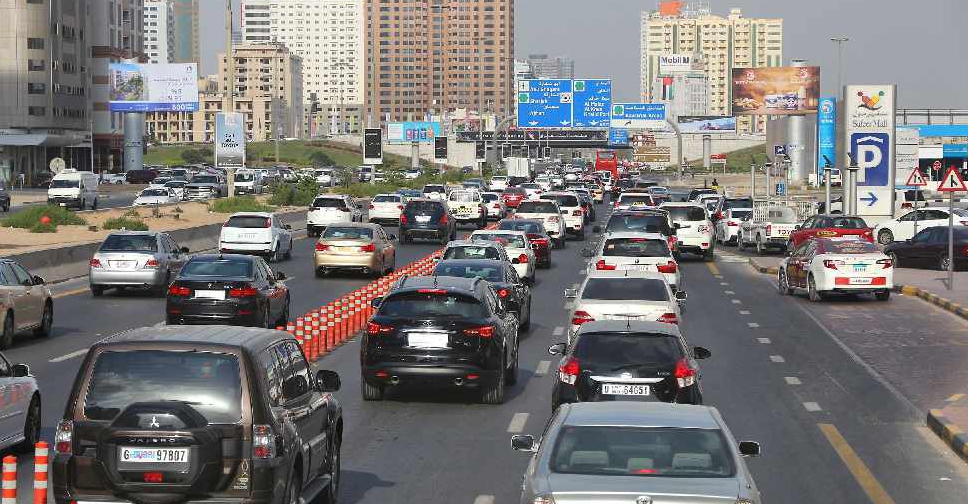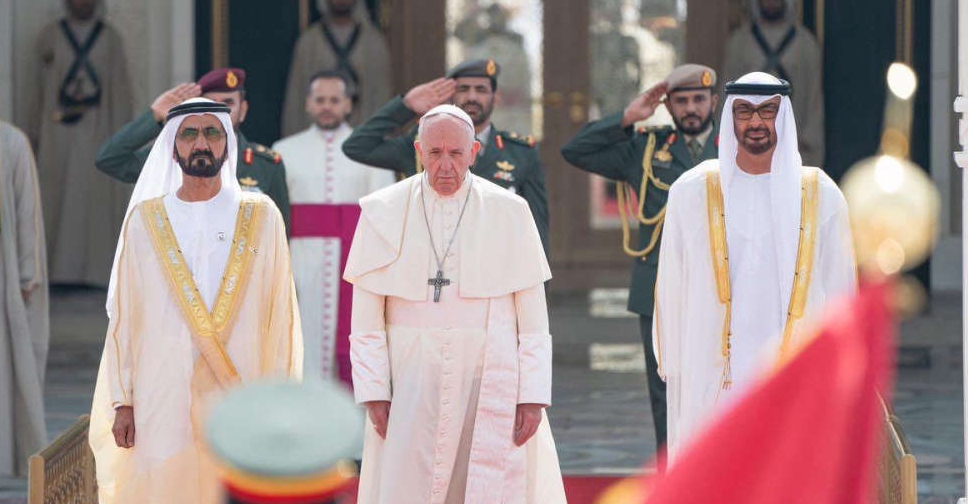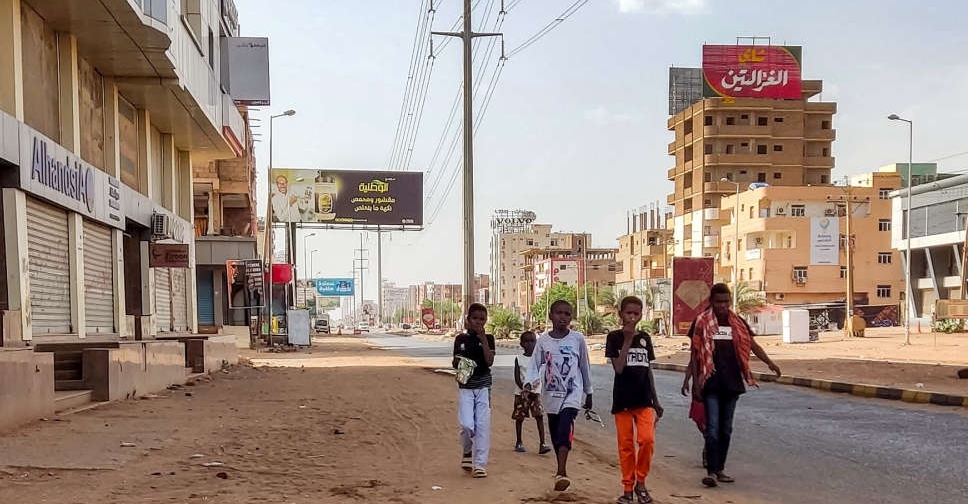
The start of a 72-hour ceasefire aimed at calming more than two months of conflict between rival Sudanese military factions brought a lull in clashes in Khartoum early on Sunday following battles and air strikes overnight, residents said.
Sudan's army and the rival Rapid Support Forces (RSF) have agreed to refrain from attacks and from seeking military advantage during the ceasefire period, which started at 6:00 am (0400 GMT), as well as allowing for delivery of aid, Saudi and US mediators said. Several previous truces have failed to stop the fighting.
The power struggle between the two sides has turned the capital into a war zone plagued by looting, led to outbursts of fighting in other regions, and triggered a sharp escalation of violence in Darfur in western Sudan.
In the hours before the truce period began witnesses reported clashes and air strikes in several areas of Khartoum and Omdurman, one of two adjoining cities that make up the wider capital at the confluence of the River Nile.
Previous ceasefires brokered by Saudi Arabia and the United States at talks in Jeddah have allowed for the delivery of some humanitarian aid as fighting has subsided, but both sides have repeatedly violated the agreements.
The conflict, which erupted over disputes about a plan for a transition to elections under a civilian government four years after long-ruling autocrat Omar al-Bashir was overthrown during a popular uprising, has intensified since early June.
On Monday, Germany, Qatar, Saudi Arabia, Egypt and the United Nations are hosting a donors conference in Geneva that aims to attract pledges of funding for humanitarian relief in Sudan.
The UN says more than half the population of 49 million now needs humanitarian assistance within Sudan, requiring some $3 billion in funding until the end of the year.
It has also appealed for nearly $500 million for the refugee crisis caused by the conflict. More than 500,000 people have fled into countries neighbouring Sudan, in addition to nearly 1.7 million who have been internally displaced.


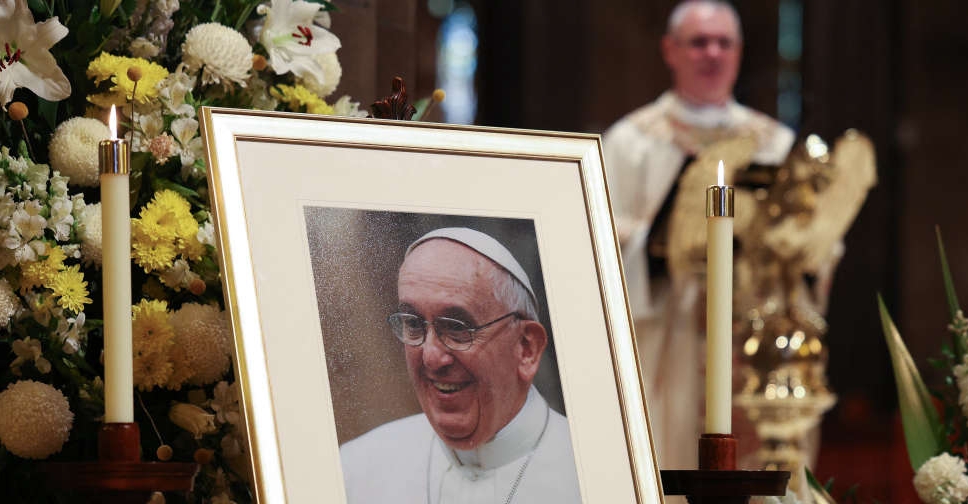 Pope Francis' funeral to be held on Saturday, Vatican says
Pope Francis' funeral to be held on Saturday, Vatican says
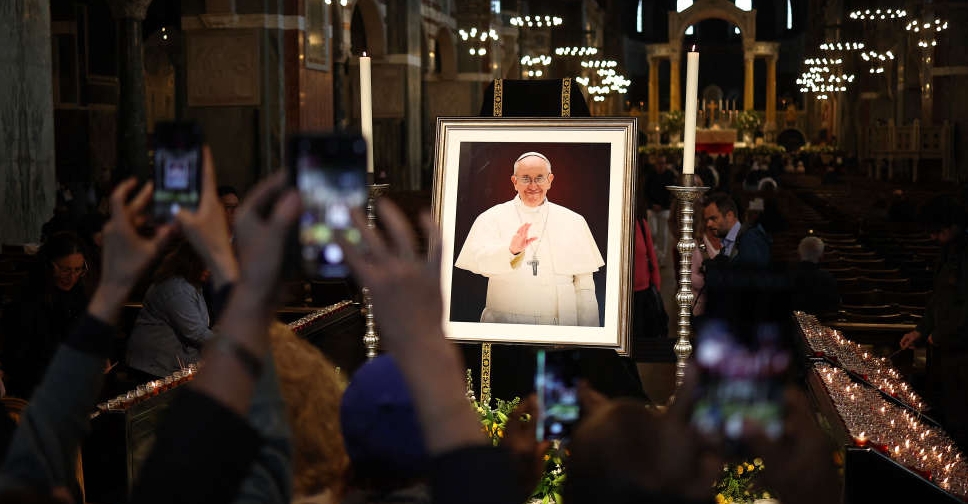 Cardinals meet after death of Pope Francis, plan for funeral
Cardinals meet after death of Pope Francis, plan for funeral
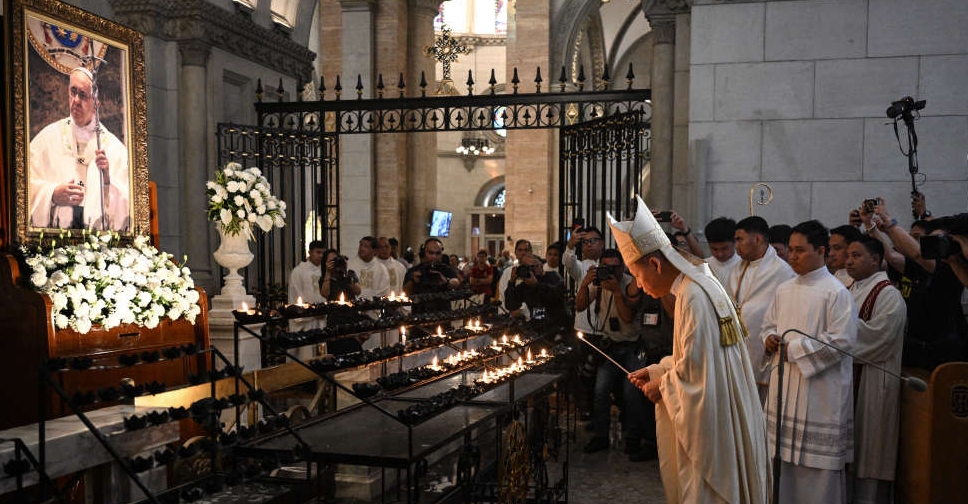 'A true father to us': Filipinos mourn Pope Francis
'A true father to us': Filipinos mourn Pope Francis
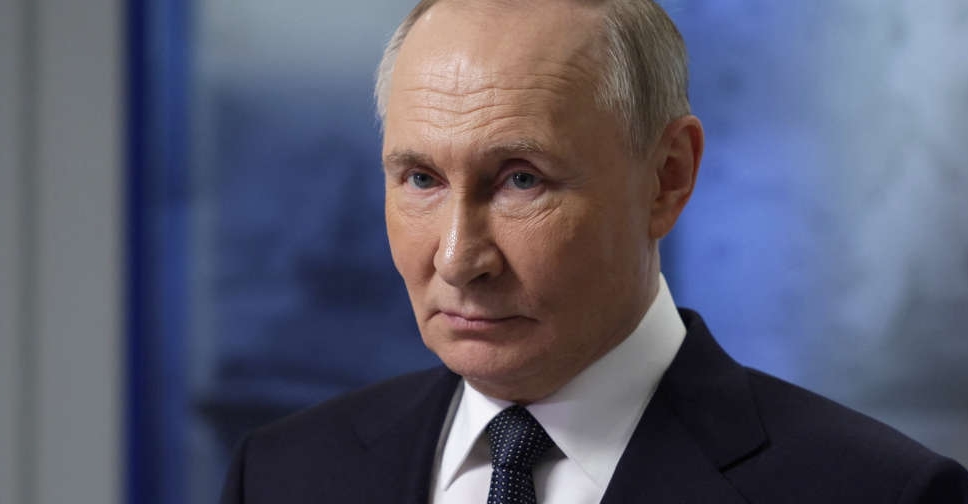 Putin says he is open to direct peace talks with Ukraine
Putin says he is open to direct peace talks with Ukraine
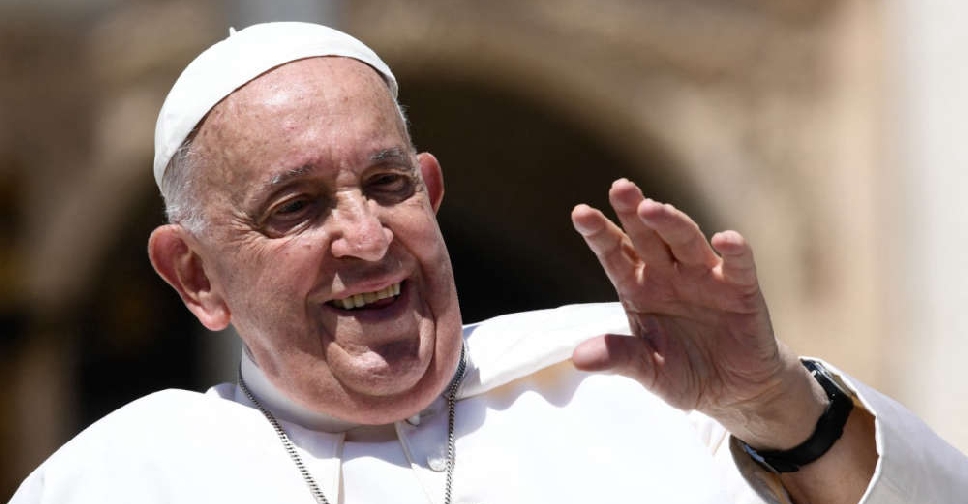 Pope Francis dies after stroke and cardiac arrest, Vatican says
Pope Francis dies after stroke and cardiac arrest, Vatican says

